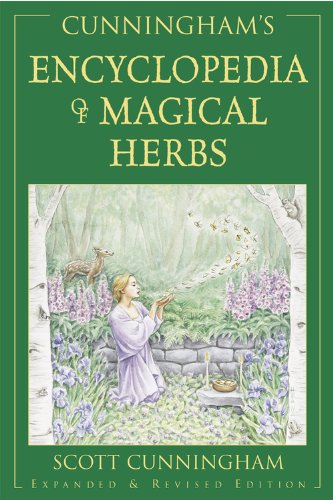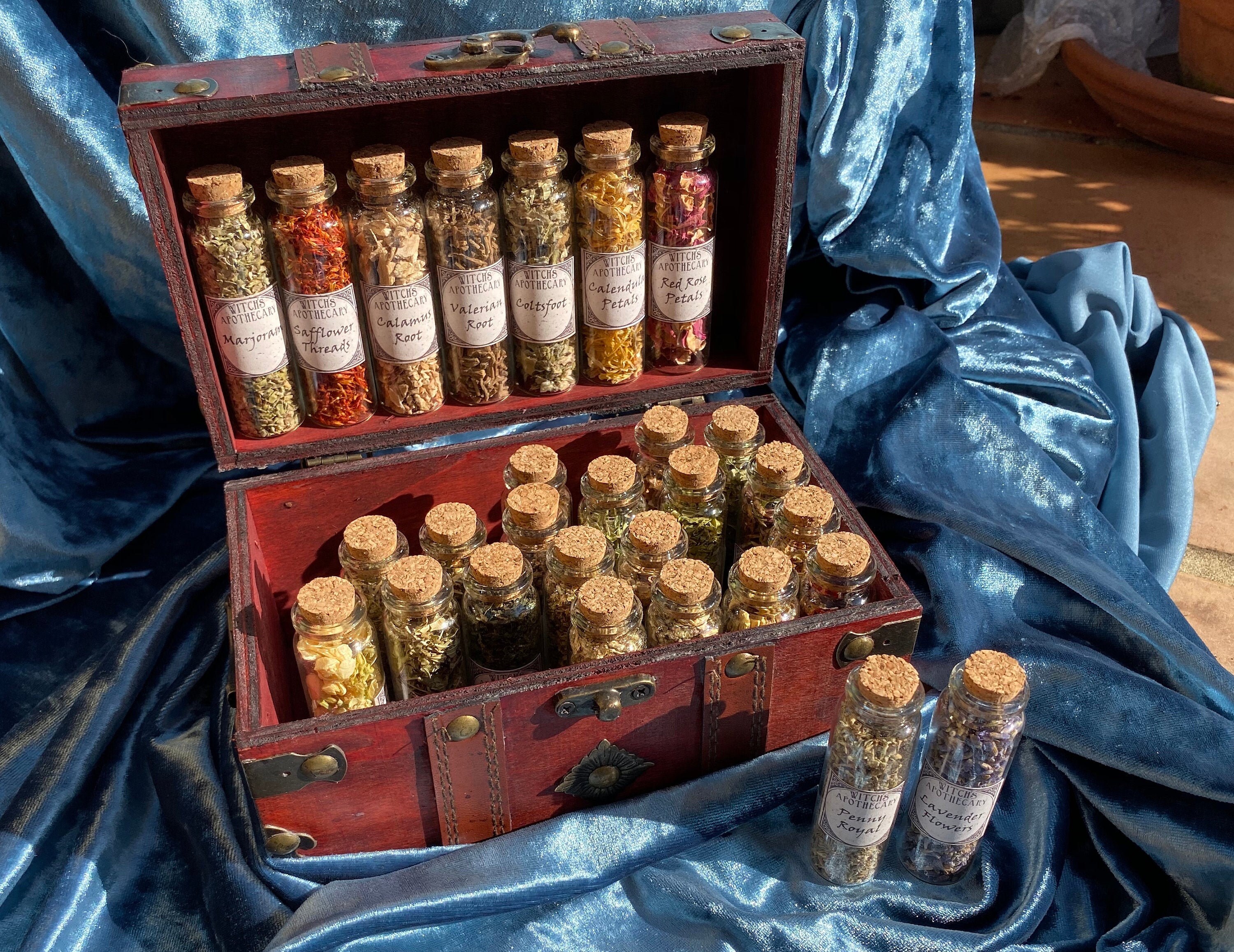

The information you provide will help us refine our recommendations to other herb enthusiasts. We welcome your feedback on your experiences. Herb Seed for Thought, Spur Ridge Press, Frankston, TX. Violet: humility, devotion, faithfulness, forgiveness It resulted in long incantations that exhibited the blend of Jewish, Christian, Hellenistic, Persian, Greek, and Babylonian influences. Thyme: activity, bravery, courage, strength D., the Gnostic and Hermetic traditions began to mingle. Sunflower: haughtiness, lofty, pride, pure thoughts Sassafras: foundation, considered choices Sage: wisdom, long life, esteem immortality, esteem

Rosemary: remembrance, love, loyalty, fidelity Parsley: useful knowledge, feast, joy, victory Nasturtium: patriotism, victory in battle Mugwort: be not weary, tranquillity, happiness Mint: eternal refreshment, wisdom, virtue Lily of the Valley: contentment, return of happiness, let’s make up Lavender: housewifely virtue, acknowledgement Ivy: patience, fidelity, undying love, eternal life Rigsby relies heavily on biblical scripture and on ancient Greek and Roman history for these symbolic meanings.Īloe: healing, protection, grief, bitterness, affectionĬalendula: sacred affection, joy, remembrance, griefĬhamomile: energy in adversity, patience, long life, wisdomĭianthus: dignity, woman’s love, symbol of Mother’s Dayĭogwood: love undiminished by adversity, durabilityįennel: strength, worthy of praise, flattery While some symbolic meanings of plants travelled well from culture to culture and from era to era, many probably did not. The symbolism of herbs is inextricably tied to culture and religion. This is by no means a complete list of the symbolic meanings of each herb. The following list is from Gem Rigsbys book, Herb Seed for Thought (Spur Ridge Press, 1998). In England, rosemary was called "Rose of Mary" in memory of the Virgin Mary, and in Shakespeare’s Hamlet, Ophelia says, "There’s rosemary, that’s for remembrance, pray you love, remember." Rose petals, a symbol of love and victory, were lavishly strewn on the paths of wedding parties and victors of war by the Romans. Earlier, bay was thought to be sacred for the Greeks and to be a protector from disease, witchcraft and lightning. Originally a Maia of Yavanna, Radagast mainly concerned himself with the. He's a gentle soul who prefers the company of animals to others.' -Gandalf on Radagast, 'The Hobbit: An Unexpected Journey' Radagast (Adnaic IPA: 'radagast - 'Tender Of Beasts') the Brown was one of five Wizards sent to Middle-earth to contest the will of Sauron. For example, the ancient Romans offered wreaths of bay leaves as a symbol of triumph and peace. 'I think he's a very great wizard in his own way. Many herbs have symbolic meaning that goes back centuries, even millenia.


 0 kommentar(er)
0 kommentar(er)
